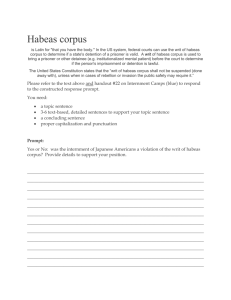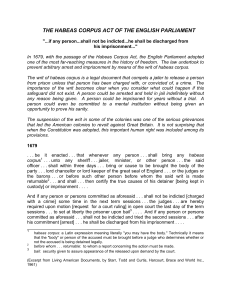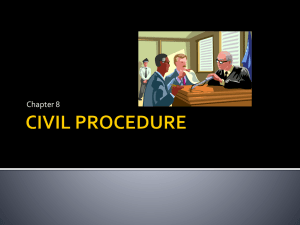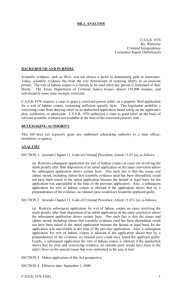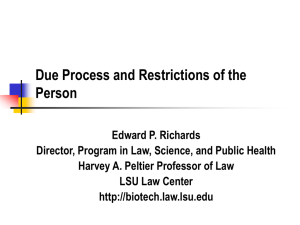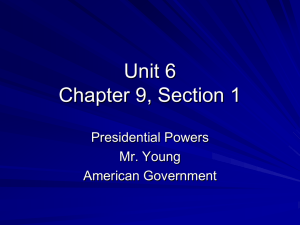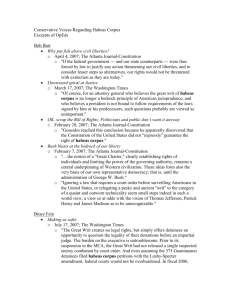Case-report-from-Judge-English-translated
advertisement
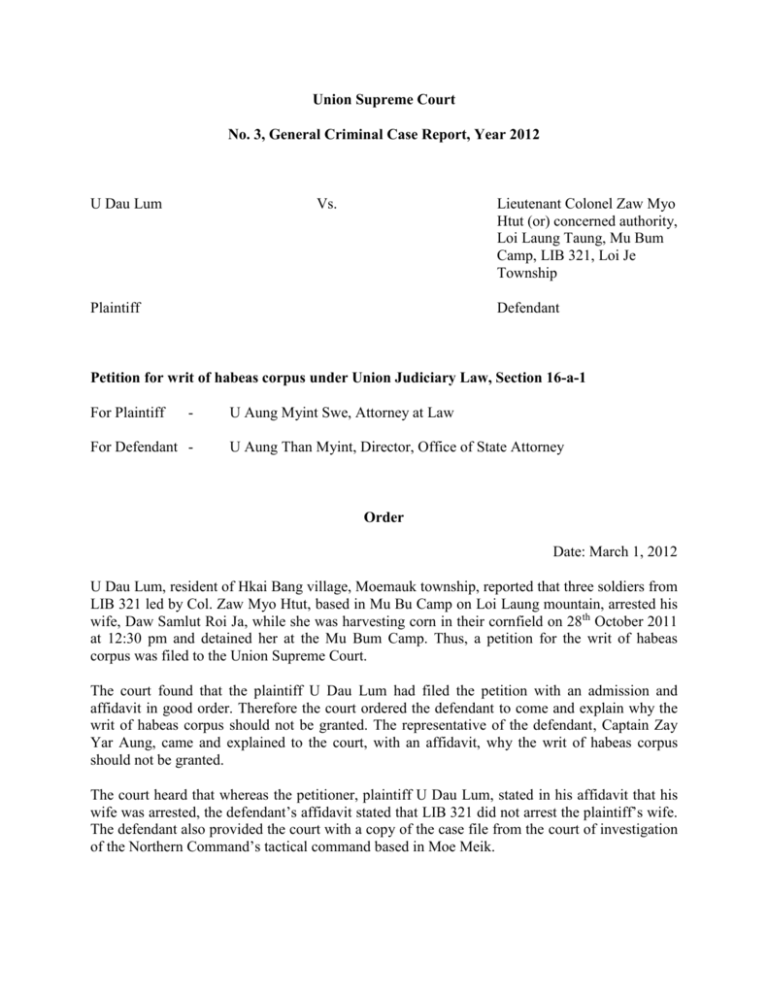
Union Supreme Court No. 3, General Criminal Case Report, Year 2012 U Dau Lum Vs. Lieutenant Colonel Zaw Myo Htut (or) concerned authority, Loi Laung Taung, Mu Bum Camp, LIB 321, Loi Je Township Plaintiff Defendant Petition for writ of habeas corpus under Union Judiciary Law, Section 16-a-1 For Plaintiff - For Defendant - U Aung Myint Swe, Attorney at Law U Aung Than Myint, Director, Office of State Attorney Order Date: March 1, 2012 U Dau Lum, resident of Hkai Bang village, Moemauk township, reported that three soldiers from LIB 321 led by Col. Zaw Myo Htut, based in Mu Bu Camp on Loi Laung mountain, arrested his wife, Daw Samlut Roi Ja, while she was harvesting corn in their cornfield on 28th October 2011 at 12:30 pm and detained her at the Mu Bum Camp. Thus, a petition for the writ of habeas corpus was filed to the Union Supreme Court. The court found that the plaintiff U Dau Lum had filed the petition with an admission and affidavit in good order. Therefore the court ordered the defendant to come and explain why the writ of habeas corpus should not be granted. The representative of the defendant, Captain Zay Yar Aung, came and explained to the court, with an affidavit, why the writ of habeas corpus should not be granted. The court heard that whereas the petitioner, plaintiff U Dau Lum, stated in his affidavit that his wife was arrested, the defendant’s affidavit stated that LIB 321 did not arrest the plaintiff’s wife. The defendant also provided the court with a copy of the case file from the court of investigation of the Northern Command’s tactical command based in Moe Meik. When studying the case file and report dated January 19, 2012, of the investigation team from the Northern Command’s tactical command based in Moe Meik, the court learned that at the time of the incident, KIA troops were active in Hkai Bang village, Moemauk township, where the plaintiff lives. As for the claimed arrest of Daw Sumlut Roi Ja, this incident was not reported to either the Loi Je sub-township’s Women’s Affairs office, police station, relevant army command or administrative office. Thus, the investigation team concluded that the incident of the arrest and detention of Daw Sumlut Roi Ja never occurred. A writ of habeas corpus is issued to bring a detainee to court for a decision on whether the detention is lawful. In reviewing whether to issue a writ of habeas corpus in this case, due to the inability to collect testimonies, as in the original case, the court made a decision based on the affidavits provided by both sides. According to the affidavits from both plaintiff and defendant, there was no clear evidence to prove that the plaintiff’s wife had been arrested. For this reason, the court could not accept the petition for the writ of habeas corpus. The court therefore rejected the plaintiff’s general petition. (Myint Aung) Judge
